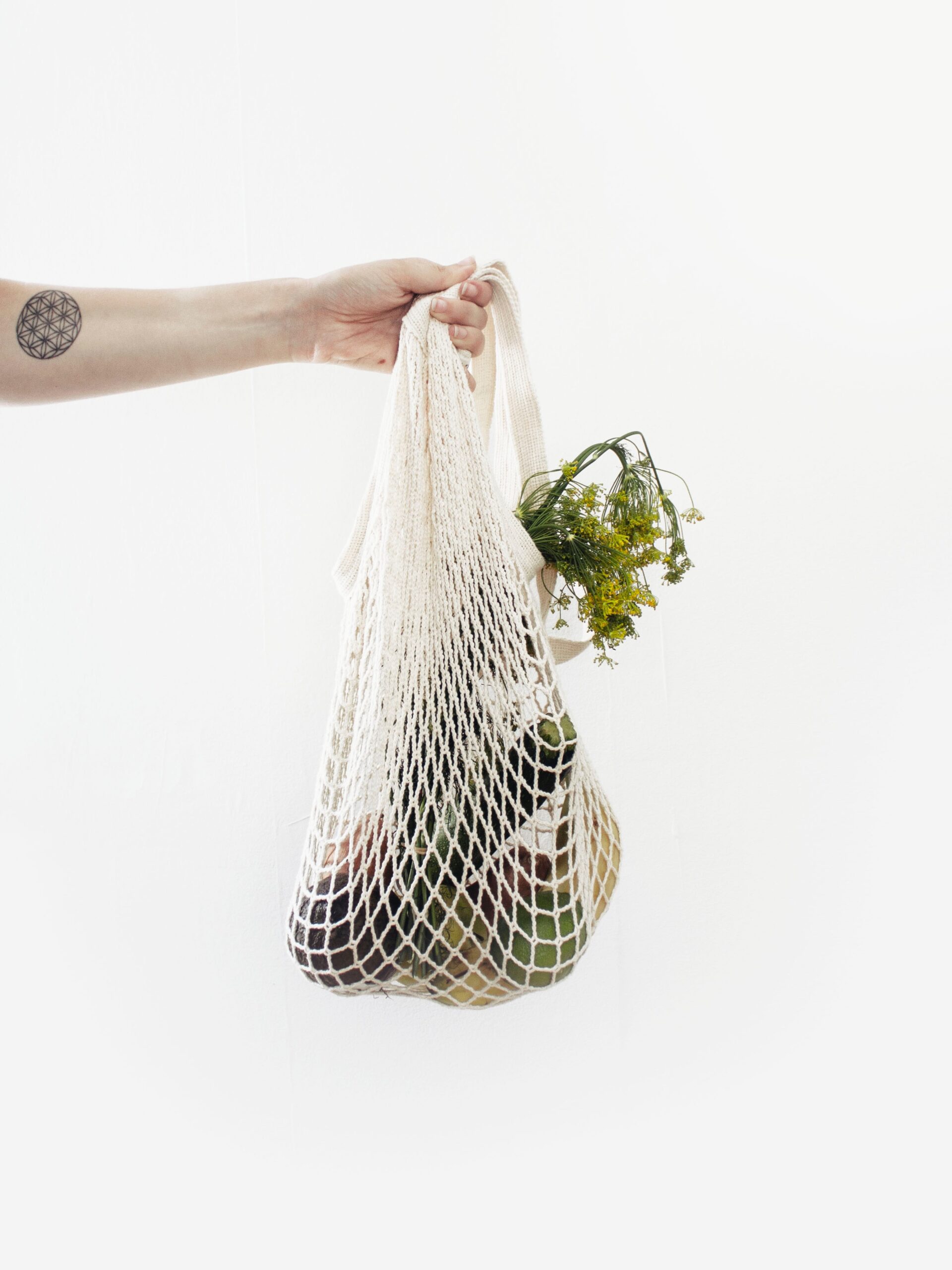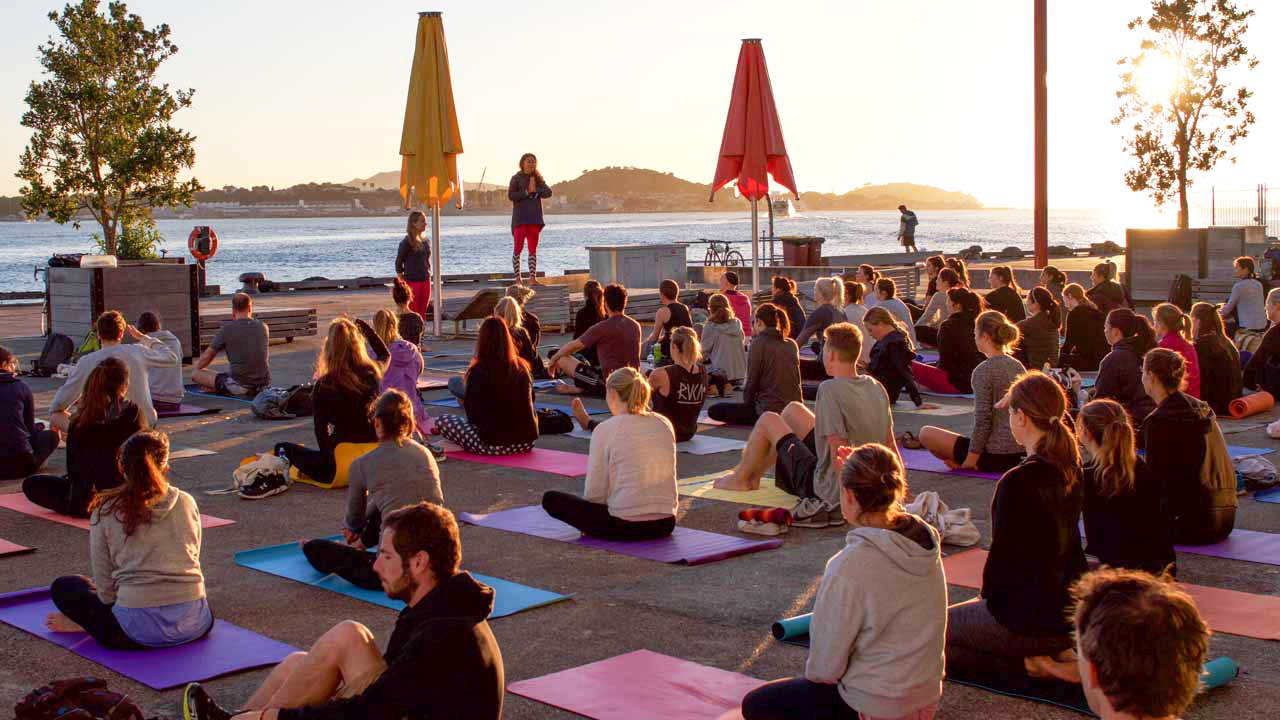Being surrounded by concrete and constant traffic can make you feel a little hopeless when it comes to being eco-conscious. Despite all you see with your naked eye, there is a lot that you can achieve while living the high-rise life.
Apartments are great solutions for a housing crisis, they provide warmth and homes for hundreds of people within the land space of a few single-story homes. There is a belief that while residing in one of these small spaces you can’t live a sustainable life due to the restraints of not having a backyard to grow your own produce, to compost and to help the bee population thrive. Despite often being under 100 square feet, the apartment life can be incredibly sustainable thanks to new innovative ideas and some cheeky tips.
Get to know your locals

So you can’t grow your own produce? Getting to know your local growers at the closest farmers’ market can be beneficial. Not only do you get to make great connections with the people who grow your food, but you also get to support a small business that sells even it’s ‘ugliest’ pieces of produce to people trying to be more sustainable.
Produce isn’t the only thing you can buy locally. Free-range meats from local butchers and farmers is a great way to make sure resources like water and energy have been respected and preserved as much as possible in the processing stage. Bread from a local bakery and pantry staples from a wholefoods refillery cut down on plastic waste. These stores often offer higher quality foods that can save you some money while making you feel good about your choices.
Composting
No garden? Don’t give up just yet, there a few solutions for apartment composting. They all depend on your level of commitment and budget, but there is likely something for everyone.
Community gardens and donating food scraps are a great low budget option that allows you to get more involved with your community and give back. The website Share Waste is a great resource that shows you nearby drop off points for food scraps and you can contact the owners directly. It’ll only cost you transport to get your compost there or free if you walk. Remember to follow the compost owners instruction on what you can dispose of as each have their own set of rules.
Odorless self-processing bins have been a huge innovation in the home composting world. The Bokashi bin system processes all food waste, including animal products by adding a composting accelerator that made of microbes to essentially ferment and breakdown your food waste.
Another option, The Food Cycler, is a pricier solution but also the easiest and most convenient. The Food Cycler and other electronic food composters break down your food within hours, leaving you with garden-ready compost in the same day.
Choosing your transport

Being selective about the way you travel can really help cut your environmental impact. The cost of parking a car in an apartment block can also be costly, so choosing to take public transport or moving your body more are great alternatives. Understandably, there are reasons why some truly need to have a vehicle and that is undeniably more important, however, a lot of us drive a distance that we could easily walk, cycle or bus. Consider alternative transport to work, to get your groceries or to your friend’s place where possible, it cuts your carbon output and traffic on the roads.
Eco-friendly products
Quite possibly the easiest way to have a sustainable city lifestyle. Switching out your bleach or ammonia-based cleaners for eco-friendly ingredients can make a huge difference to our waterways. The main few that are commonly used are laundry detergent, fabric softener, multi-purpose spray, dishwashing liquid, dishwasher powder/tablets, toilet cleaner, and glass cleaner.





